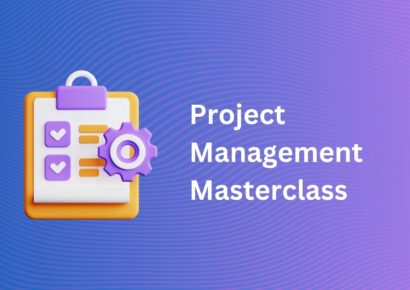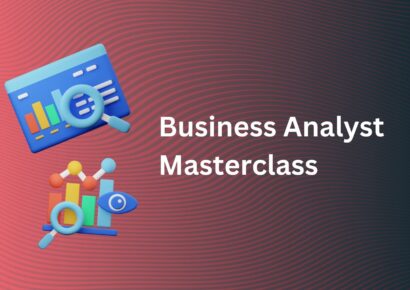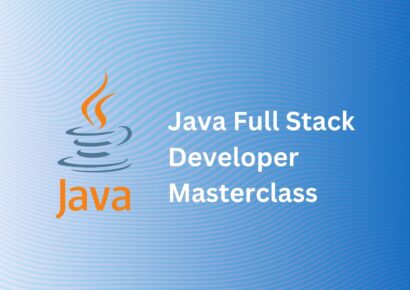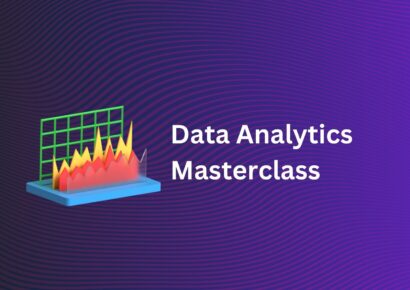Data Science Masterclass
This 20-session course covers key data science concepts, tools, and best practices, with each session lasting 2 hours. The course will walk you through the process of data collection, cleaning, analysis, modeling, and visualization, using real-world industry examples and a hands-on demo project.
About Course
Course Content
Session 1: Introduction to Data Science
Understanding the role of a data scientist
Key concepts in data science
Overview of the data science process







